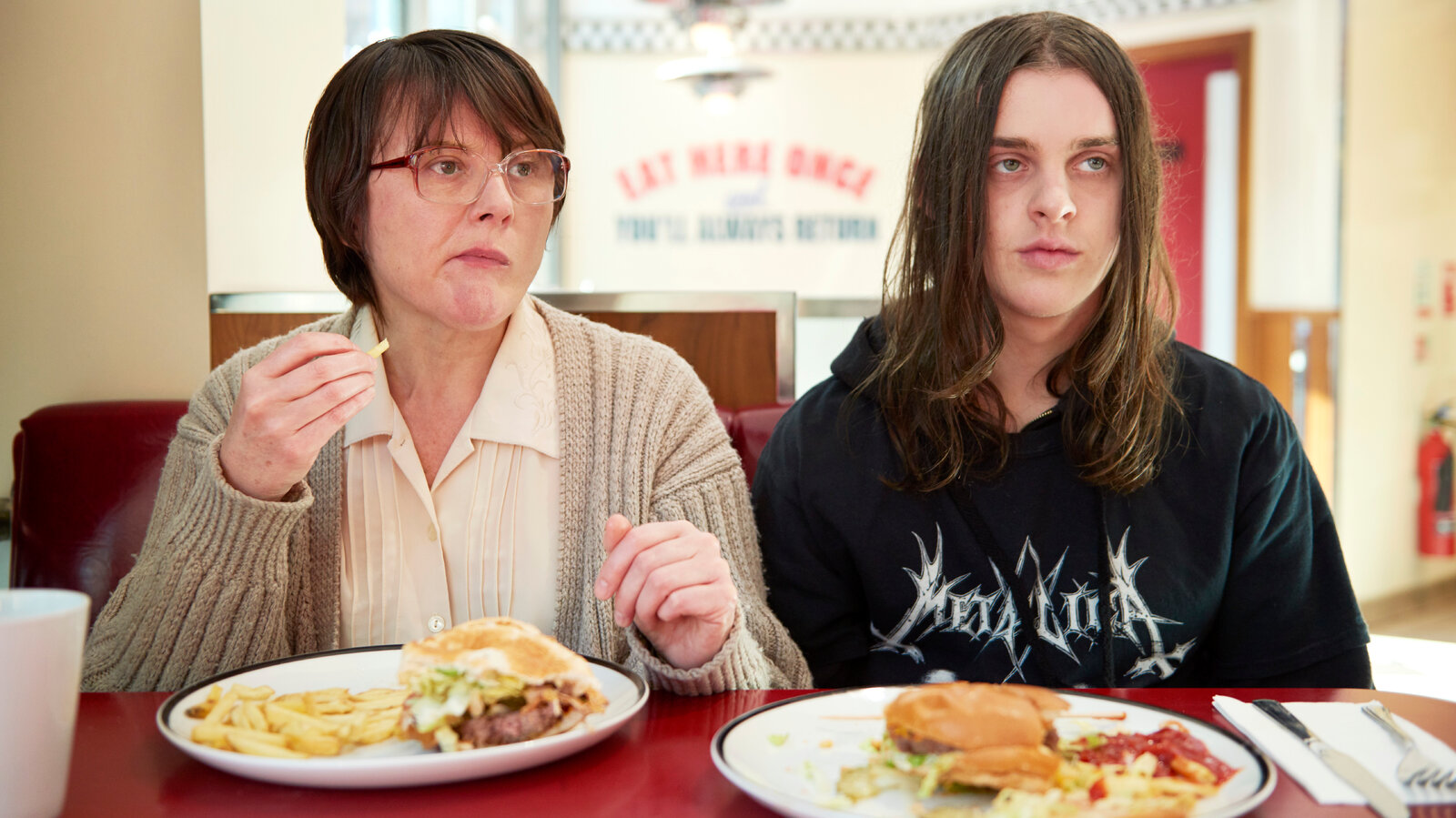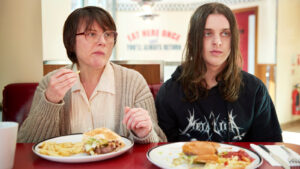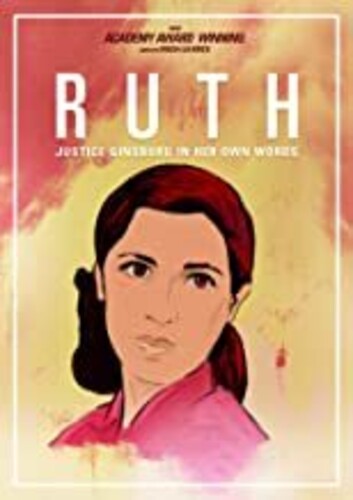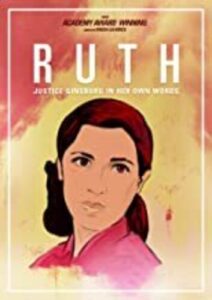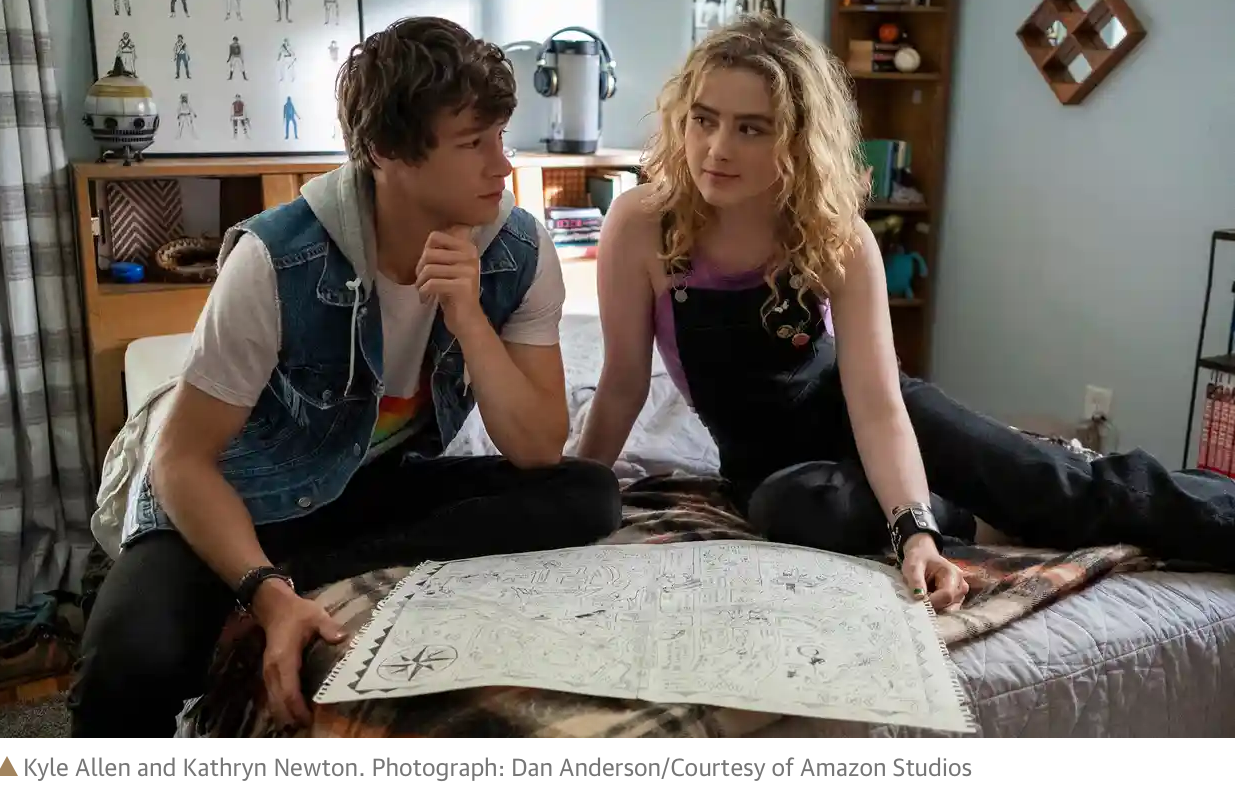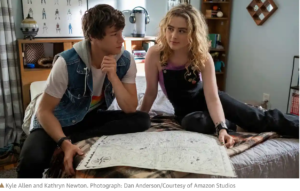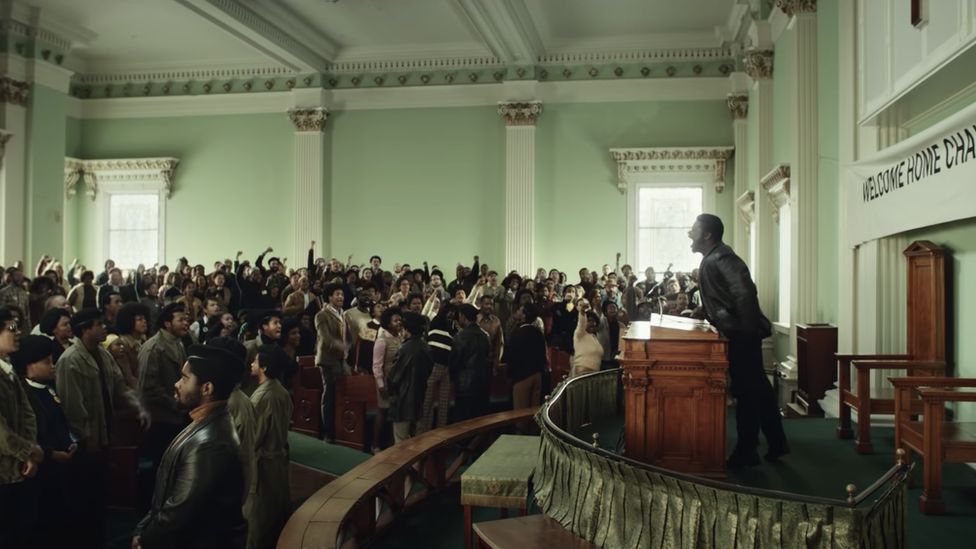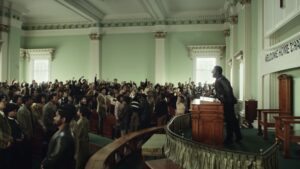Silk Road
Posted on February 22, 2021 at 11:40 am
B +| Lowest Recommended Age: | High School |
| MPAA Rating: | Rated R for pervasive language and drug content |
| Profanity: | Constant very strong language |
| Alcohol/ Drugs: | A theme of the movie is drug dealing, offscreen death due to drug use |
| Violence/ Scariness: | Law enforcement-related peril and violence |
| Diversity Issues: | None |
| Date Released to Theaters: | February 13, 2021 |

Ross Ulbricht was a libertarian, a follower of Austrian school economist Ludwig von Mises who believed that “every action we take outside of government control strengthens the market and weakens the state.” He wanted to change the world. And so he created a website that was like Amazon or eBay except that it operated in the dark web and instead of being a place to buy consumer goods with credit cards it was a place to buy illegal goods, primarily drugs, with untraceable crypto-currency. The website was named for the ancient trading route linking China, India, and Rome. Ulbricht’s screen name was taken from a more modern source, William Goldman’s The Princess Bride. He called himself the Dread Pirate Roberts after the character (spoiler alert) who passed his name on to a series of successors to keep the legend alive. And he learned, as so many theoretical libertarians have in the past, that the problem with giving people freedom is that they do things with it you might not approve of, including things that limit the freedom of others.
“Silk Road” is the story of Ulbricht (Nick Robinson) and of Rick Bowden (Jason Clarke), the FBI agent who tracked him down. Think “The Social Network” crossed with “American Gangster. A sharp, clever, script by Tiller Russell (“Bernie”) and David Kusher and Russell’s dynamic direction make this a gripping rise-and-fall, cat-and-mouse story with vivid and believably flawed characters.
“This story is true,” we are told at the beginning. “Except for what we made up or changed.” So if you want to know what really happened, read Nick Bilton’s book. As far as the Ulbricht side of the story goes, though, it sticks pretty close to what really happened. He was a bright drop-out — we see his father deride him for not following through on anything. But he has big ambitions for changing the world to make it work the way he thought it should, meaning as free from government control as possible. And then he comes up with an idea, combining two ideas — the Tor gateway to the dark web and cryptocurrency, a kind of dark money. He thinks of what he is doing as practically humanitarian, saving consumers from the risks and inconvenience of in-person drug buys. He thinks he is being clever when he leaks information about the Silk Road to a journalist.
You can buy illegal drugs on the internet. But you cannot deliver illegal drugs on the internet. Law enforcement picks up on an unusual uptick in the drugs being shipped. And Ulbricht will learn that one problem of working with crooks is that they are often…untrustworthy.
This is where Bowden comes in, and one of the least accurate but most interesting part of the movie is the contrast between the computer-savvy kid who sets up the Silk Road and the old-school FBI agent who tracks him down. The film cleverly cuts back and forth between them, as in one early moment when they both resort to instructional videos on YouTube for a little help.
Crisply edited and sharply written, “Silk Road” does not ask us to think of Ulbricht as a hero or, as some who have argued for clemency, a dupe. One pre-credit exculpatory claim and another character’s sympathy-provoking motive to break the law may go father than needed in softening the story, but we also get a look at some of the consequences of making illegal drugs freely available. And this is a smart movie about smart people doing some not-smart things and facing the consequences that keeps us absorbed and, probably, making a mental note to stay well on the right side of the law.
Parents should know that this film has some peril and violence including murder for hire that does not happen and a drug-related death. Characters use strong language and there is a non-explicit sexual situation. Themes include criminal behavior and law enforcement.
Family discussion: Do you agree with what happened to Ulbricht and Bowden? How were they alike and how were they different? How do we balance privacy and accountability?
If you like this, try: “The Social Network” and “Brick”


